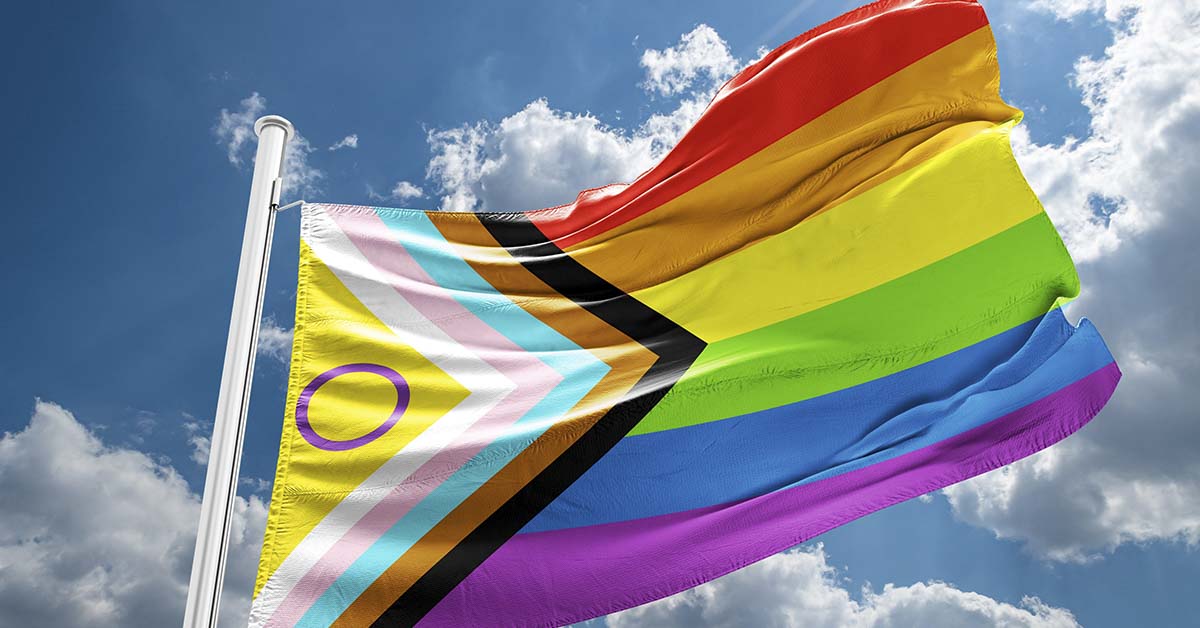In 2021, a California teacher named Kristin Pitzen sparked controversy after posting a TikTok video in which she casually described removing the American flag from her classroom. The video, which quickly went viral, showed Pitzen explaining that she told her students they could say the Pledge of Allegiance to a different flag, gesturing toward a Pride flag hanging in the room. Her comments led to outrage across social media and prompted an official response from the school district.
What Exactly Was Said in the Video?

Pitzen, a teacher at Back Bay High School in Costa Mesa, recorded herself explaining that she had removed the U.S. flag because it made her “uncomfortable.” She added, somewhat jokingly, that when her students asked what flag to face during the pledge, she pointed to the rainbow Pride flag displayed in the corner of the classroom. The tone of the video was lighthearted, but its content triggered heavy backlash from parents, veterans, and commentators nationwide.
Reactions From Parents and the Public After a Teacher Encouraged Students to Pledge Allegiance to the Pride Flag
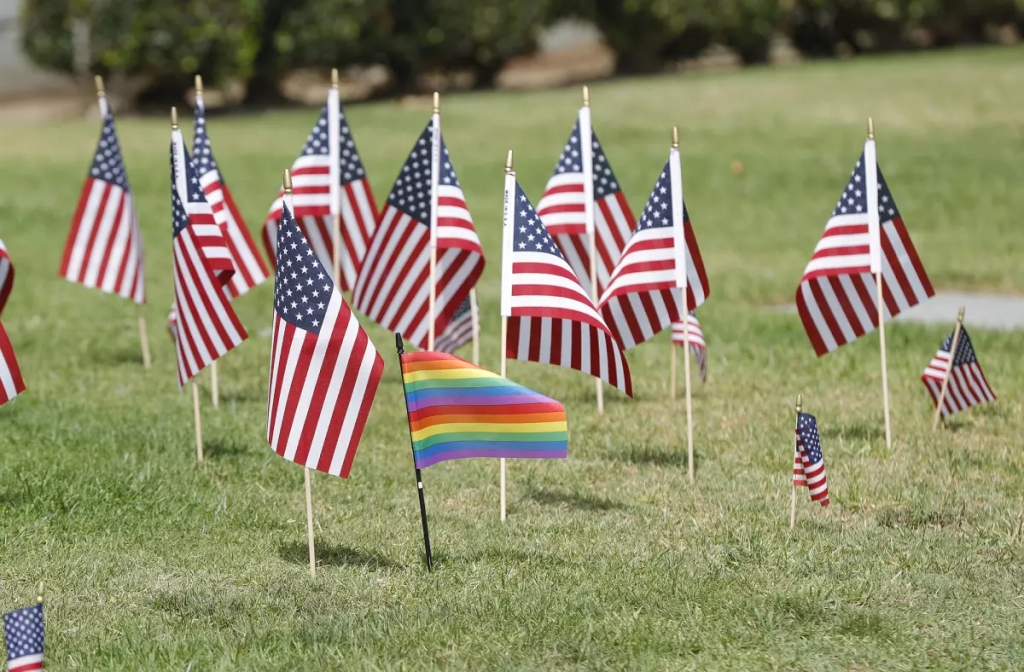
The backlash was swift and intense. One mother, whose son was actively serving in the military, spoke to local news outlets about her anger and disappointment. “Our flag represents the freedoms my son is fighting for,” she said. Online, the video was widely shared by conservative influencers and news sites, who accused the teacher of being unpatriotic and pushing a political agenda on students. Many called for disciplinary action, asserting that public school classrooms should not be used for ideological messaging.
The School District’s Response

Following the viral spread of the ‘pledge allegiance’ video, the Newport-Mesa Unified School District released a statement acknowledging the public concern. The district emphasized that the teacher’s views did not represent those of the school or district leadership. “Showing respect for our nation’s flag is a valued tradition in our schools,” the statement read. Pitzen was quickly removed from classroom duties, and it was later confirmed that she “was no longer in the classroom.”
Freedom of Expression or Inappropriate Conduct?
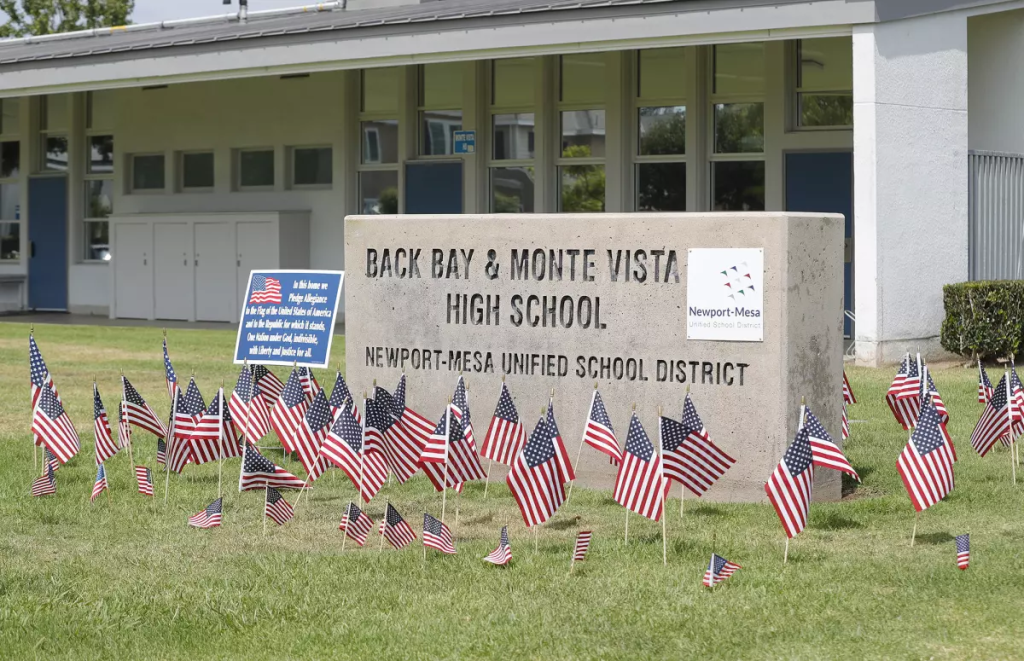
The incident reignited a complex debate about the boundaries of personal expression within public education. Supporters of Pitzen argued that educators should have the freedom to express themselves and create inclusive spaces for all students, including those in the LGBTQ+ community. Critics, however, argued that her actions disrespected national symbols and blurred the line between personal belief and professional responsibility. The controversy became a flashpoint in the broader cultural debate over identity, patriotism, and education.
Read More: Teachers Under Fire for Wearing ‘Gulf of America’ T-Shirts on Dress-Down Day
Social Media Backlash and Consequences

The teacher deleted her TikTok and other social media accounts after receiving threats and harassment online. Despite removing the video, screenshots and reuploads circulated for months, ensuring the incident remained in public conversation. It also prompted other teachers to come forward, sharing both support and criticism in a variety of online forums. The power of social media to amplify and distort such events was once again on full display.
Political and Media Amplification
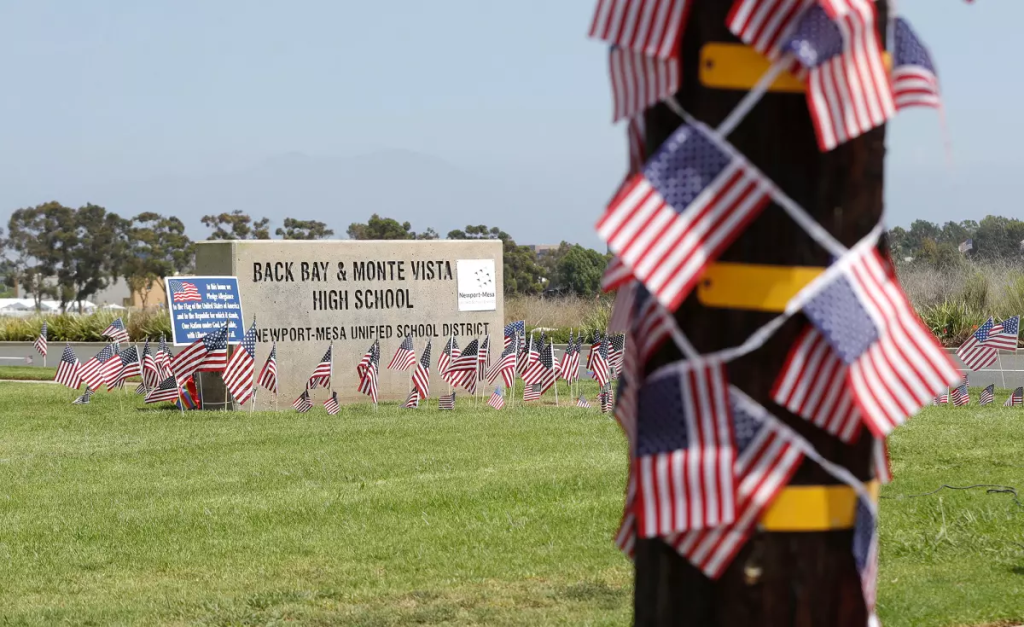
National media outlets quickly picked up the story, with coverage on many right-leaning publications. Conservative commentators used the incident as a talking point to criticize what they see as ideological overreach in schools. The event was also mentioned in political discourse surrounding parental rights, classroom content, and the influence of progressive values in education.
The Broader Cultural Impact
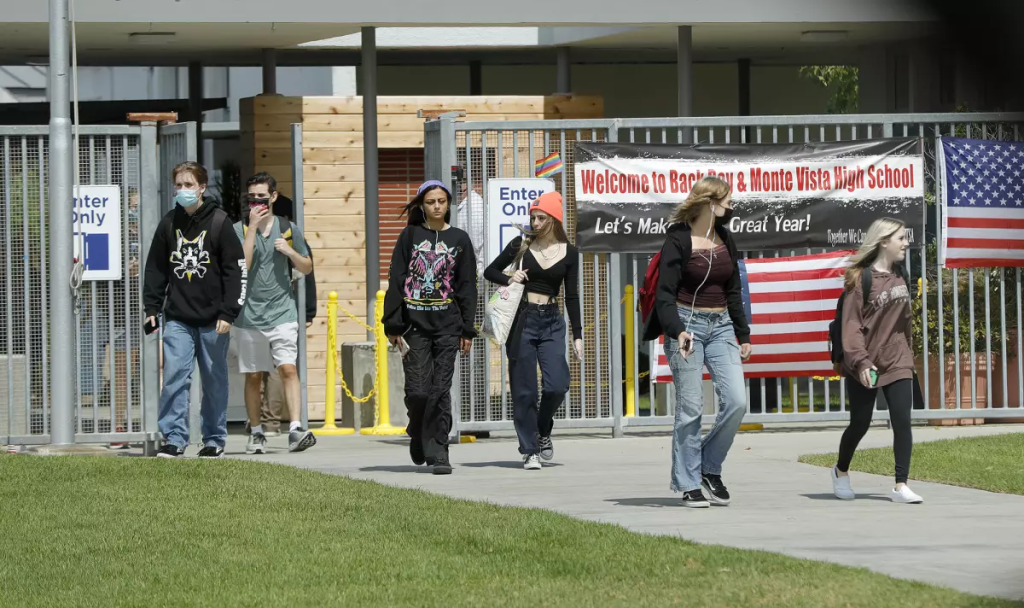
Although the incident involved a single teacher, it became symbolic of a much larger culture war playing out across American schools. Questions surrounding curriculum, gender identity, and patriotism are increasingly drawing political scrutiny. For many, the image of students pledging allegiance to a Pride flag was less about one individual’s actions and more about a perceived shift in American values and educational priorities.
A Reflection of Divided Times
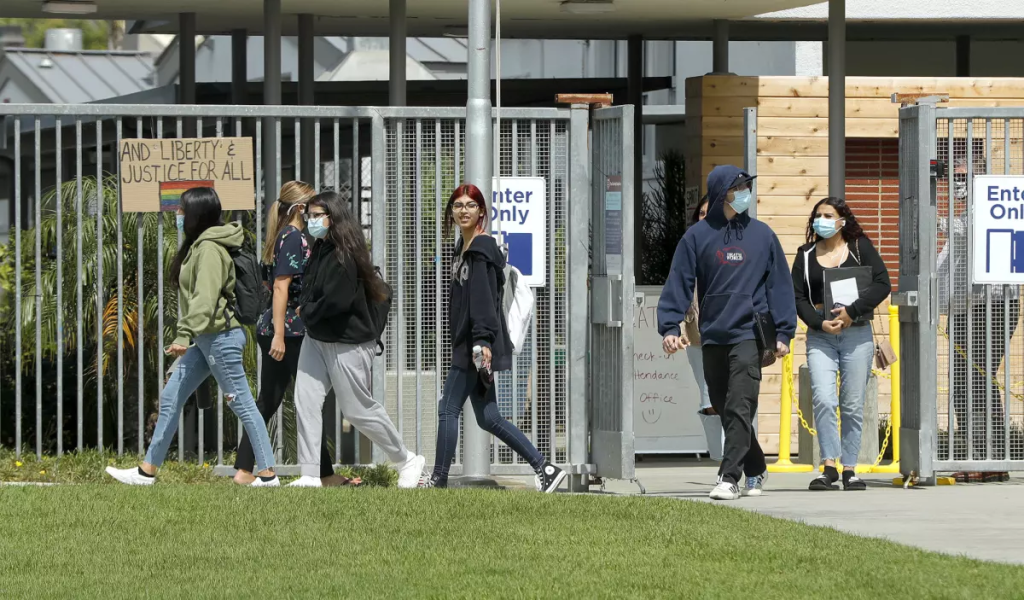
The Kristin Pitzen incident remains a deeply polarizing example of how education, identity, and patriotism intersect. Whether seen as an act of inclusivity or a step too far, the story continues to provoke discussion. As school boards and lawmakers grapple with policies around inclusivity and civic education, this viral moment serves as a reminder of how sensitive and powerful symbols can be in shaping public discourse.
Read More: Headteacher bans the phrase ‘good morning boys and girls’
